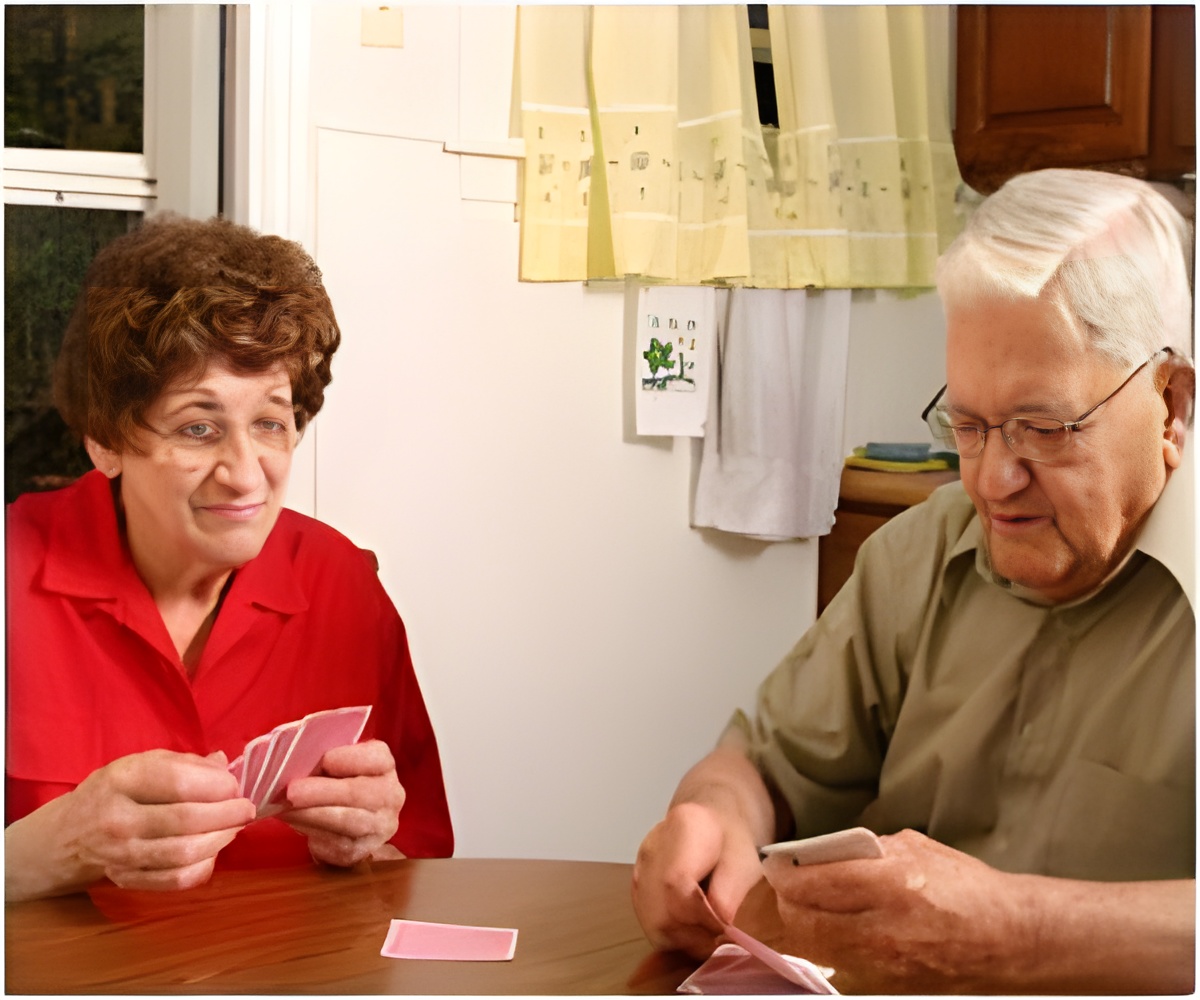
But swallowing difficulties mean that some elderly people need to take their medicines in liquid form, while drugs, such as inhalers, injections, cancer drugs, and those requiring refrigeration, cannot be provided in dispensers.
Most care homes therefore usually use two parallel systems of drug administration, say the study authors, who set out to compare the dosing error rates in these systems.
Included in the research were 233 residents in 55 UK care homes, which were selected to provide a representative sample of different sizes, ownership, and type of care offered.
Dosing errors were picked up during the course of two drug rounds for each of the residents and from data collected from error reports from a recent previous study of the same group of care home residents.
Tablets/capsules in dispensers accounted for more than half (53%) of medicines given to the residents, with just under a third (29%) of pills not provided in dispensers. Around one in nine drugs was in liquid form and around 4% were inhalers. The remainder were injectables/creams/eye-drops.
Advertisement
And the likelihood of a mistake was 19 times higher when using a cream, injection or eye drop, and more than 33 times as likely when an inhaler was used.
Advertisement
Older people are already at much higher risk from drug errors and the subsequent consequences, because they often need to take several medicines for several ailments, and they metabolise drugs differently, say the authors
But although dispensers seem to carry less risk of a dosing error, they are not without their difficulties, say the authors.
They require the manual transfer and checking of pills, which is both labour-intensive and expensive, and this is not easy when several tablets are needed for one compartment, they point out.
But for those medicines that cannot be provided in this way, care home staff need better training in how to administer them safely, say the authors.
Source-Eurekalert











